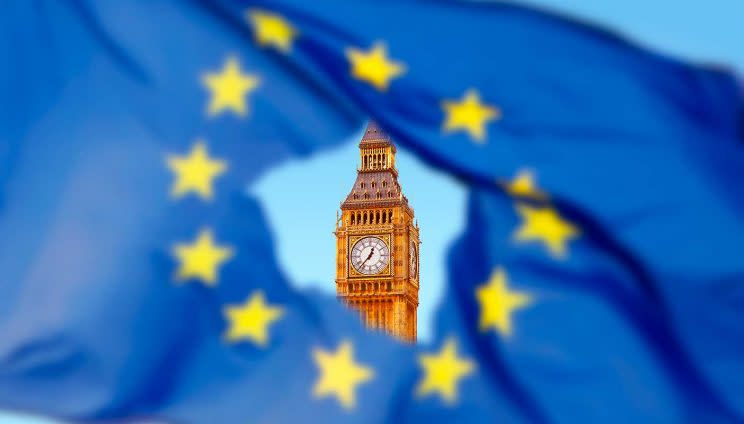Who is going to invest in the UK post-Brexit?

Both in the run up to the referendum, and since the UK voted to leave the EU, there has been a good deal of speculation over the likely impact on inward FDI into the UK.
Despite some high-profile cases on investment since the vote our research has found Brexit will most likely depress the long-term trend of FDI and there will be a larger short-term negative shock that will take about four years for the UK to get back to where it was before Brexit.
MORE: Revealed: Hammond’s plan for soft Brexit days before talks open
MORE: What is euro clearing and why does it matter to the UK and Brexit?
There are many reasons for believing that inward investment into the UK will fall post-Brexit.
Much of this is predicated on the analysis of why firms invest in the UK, and the nature of activities that they locate here.
When the single market was created, many commentators speculated that intra-EU FDI would plummet.
This turned out to be far from the case, as firms took advantage of the opportunities to co-ordinate resources across countries, and location advantage dominated issues relating, for example, to economies of scale.
The Single Market, through EU regional policy and structural funds, allowed firms to take full advantage of location economies where labour was available in low-cost locations.
Supply chains cross borders several times before components go into, say, a final assembled car, which could happen in several EU countries.
Equally, as firms redesign their production systems to a more compartmentalised network system, free movement of labour also becomes important, allowing firms to move labour quickly and cheaply to respond to short-terms changes, or to address skill shortages.
The UK has chosen to cut itself off from much of this.
Japanese inward investors, backed by the Japanese government, have been keen to stress that future investment in the UK depends on tariff-free and barrier-free trade with the EU that is as uncomplicated and predictable as possible.
A Japanese government memorandum has expressed concerns over the continued viability of Japanese investment in the UK in the event of a hard Brexit without access to the Single Market.
Finally, we have already seen a big devaluation in sterling. On the one hand, this makes domestic assets cheaper for foreign investors, and there has been some investment into the UK on the back of this.
On the other hand, devaluation lowers the expected returns from UK investment when translated into the home country’s currency.
An analysis of 50 years of time-series data for UK inward investment suggests that in (typically brief) periods of uncertainty, a depreciated sterling offers a temporary, albeit positive, effect on FDI.
But when the economy returns to being stable once again (the much more common state, at least, over the past half century), the effect is not only annulled, but becomes both reversed and persistent. In other words, a weaker currency will eventually lead to concerns over lower future returns to dominate strategic thinking.
This, in turn, will inevitably drive investment elsewhere.
In fact, our research has found that Brexit would greatly reduce the level of FDI to the UK and for those people who think there might be just a short-term ‘blip’ we have found it will take four years to recover and even then the long-term trajectory will be lower.
EU membership has made inward investment more stable and has increased the long-term trend for the UK, so leaving would make the country less attractive for non-EU investors.
Above all the government needs to avoid a hard Brexit that sees tariff barriers returning, and, ideally, to execute a trade deal that prioritises access to the Single Market for as many sectors as soon as possible.
This, however, is potentially incompatible with the desire of the UK to prevent free movement of labour between the UK and EU, which may in itself deter FDI.
Nigel Driffield is Professor of International Business at Warwick Business School. He is author of Brexit and Foreign Investment in the UK.

 Yahoo Finance
Yahoo Finance 

